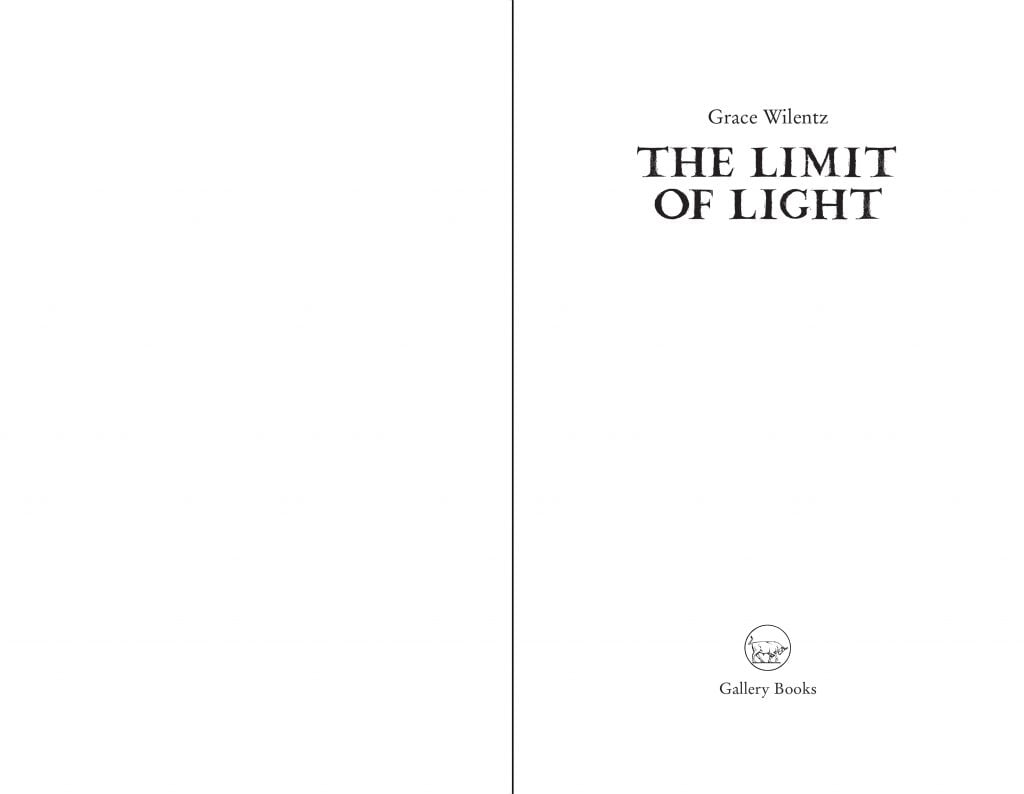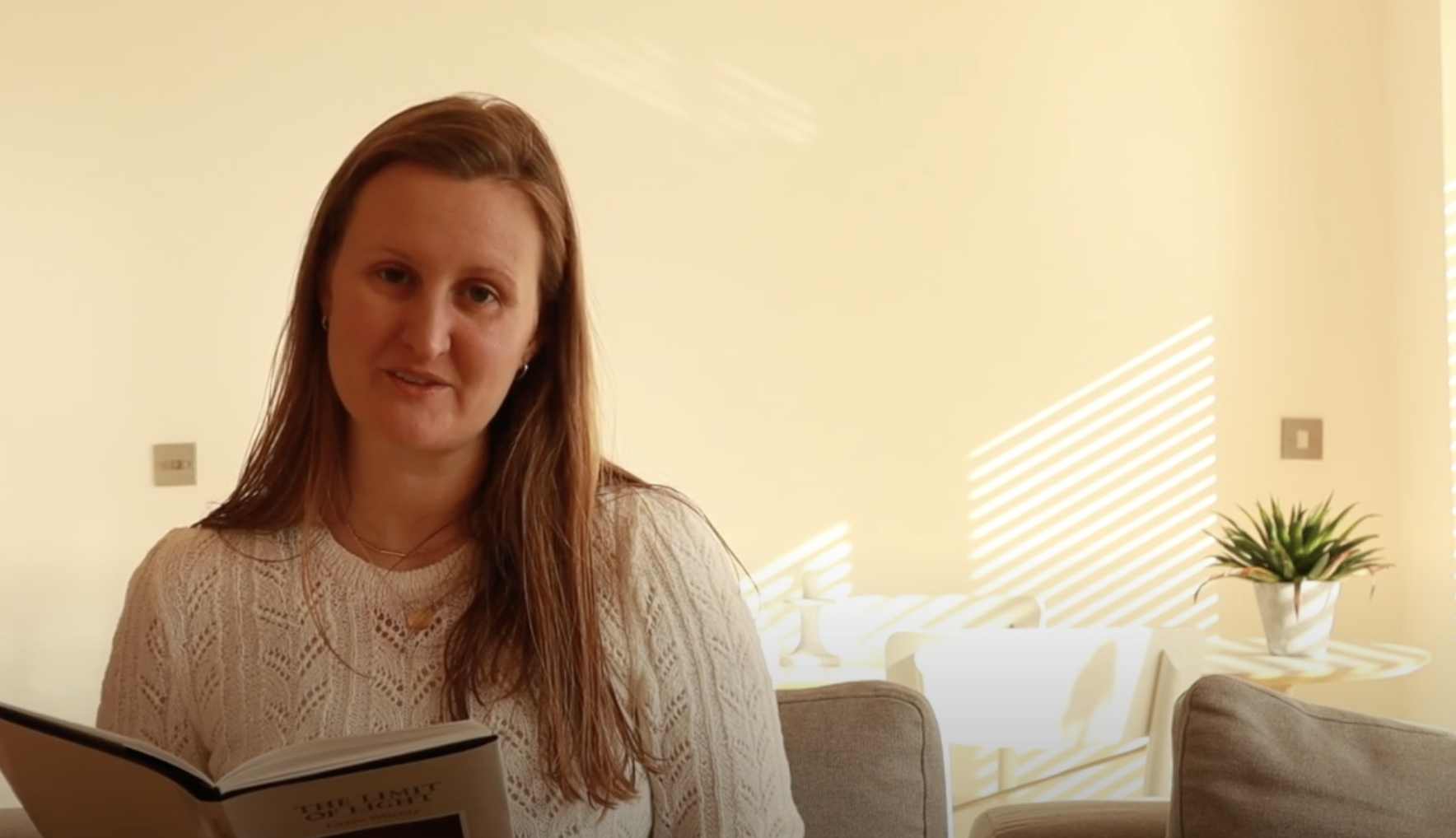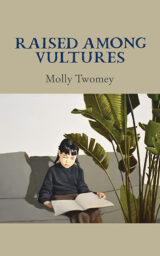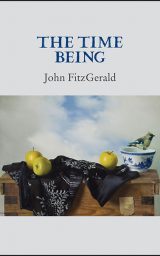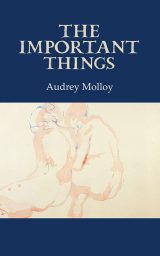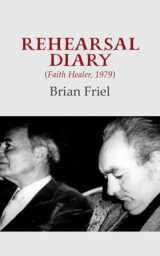‘Picture the world without you in it’ — the opening line of Grace Wilentz’s engaging first collection, The Limit of Light, illustrates the imaginative range of her poetry.
The Limit of Light is a record of experience, a widely lived life. There are poems set in her native New York City, in the Everglades, in Morocco, in the Anasazi villages of the American West and in her adopted country, Ireland. Poems in the voice of her mother undergoing treatment for cancer and others that explore her Jewish heritage. Her succinctness of thought and her epiphanies are evident in ‘In this desert landscape / there is little enough to measure yourself by’ and ‘children are always / at the mercy / of the deal’. In her style and subject matter Grace Wilentz broadens the reach of recent Irish poetry.
The sense life made runs ahead of me —
a wild pony pulling its trap,
a startled child at the reins.
'The collection comforts through Wilentz’s unflinching acknowledgement of life’s darkness. She writes about her mother’s cancer treatments and bereavement. In ‘Belly of the Whale’, Wilentz recounts the story of Jonah in words that are easy to relate to in the grief that isolates so many of us throughout life, especially now: ’After days/ of not speaking to anyone,/ the sound of my voice/ echoes back to me/ like the voice of a stranger.’ But rather than feeling mired in this darkness, I found in it ‘a landscape where I could begin to grieve’ (as she writes in the collection’s titular poem). Grounded in the ceremonies and stories of Wilentz’s Jewish heritage, [The Limit of Light] is a welcome reminder of the seasonality of all things.'
— Elizabeth McIntosh, The Friday Critique, The Seamus Heaney Centre
This is a first collection by a poet originally from New York, now resident in Ireland, which clearly reflects and represents the poet’s rich geographical and cultural experience. Her poems are cool and allusive, interpretations are left to the reader, meanings are implied rather than spelt out, and I welcomed that refusal to be obvious.
The collection is named after a poem in Part Three (of four) in the book which opens ‘I saw in this place a landscape/ where I could begin to grieve.’ and throughout the collection there are poems which refer to her mother’s cancer and eventual death – which is, naturally enough, a huge life event – but the collection overall is neither morbid nor depressing, but rather engaged, observant, interested and individual. The significant landscape which could support grief is a canyon, presumably somewhere in America, which makes Wilentz think of Saturn and its accreted rings:
From the canyon’s height it’s clear
how nature loves to ring itself – it’s there
in the layers striping the rock face
and the gentle ripple in the rare pool.
In ‘Partridge Wrapping Paper’ she describes her parents’ love for each other, her father having given her mother a lamp:
A small rectangle of that book paper,
with its indigo and green
forever partridges, folded in half,
taped to the box instead of a card
and inside, in my father’s neat capitals —
YOU ARE THE LIGHT OF MY LIFE.
This writer has evidently lived in various places and cultures and in ‘Cat’s Cradle’ she describes the playground game, particularly played by girls, offering its potential as a preparation for the adult world:
The game trains the hands to hold distance,
movement with elegance,
and for the mind:
that transformation is possible,
and may be swift.
In ‘Becoming Esther’ she seems to refer to her own discovery of her Jewish heritage, occasioned by her father taking her to a Purim children’s party – a discovery that seems possibly both mysterious and powerful:
Now I am Esther
who married the King of Persia
and saved her people.
We eat triangle Hamantashen, lick the jam,
wave the tin noisemakers bearing Haman’s twisted face.
That morning we left home without a word said.
We are a secret.
In ‘Belly of the Whale’ she imagines herself as Jonah, both isolated and enclosed, possibly through grief, though that is not stated:
There are the moments when
I feel myself to be
In a darkened theatre.
Sometimes I can feel us diving,
weightless, as I dream.
In ‘Last Look’ she describes visiting her late mother’s previously often-visited studio, its contents made unfamiliar by her death:
Seeing is like trying
to make out the still stones
at the bottom of the lake
obscured under running currents.
I point the viewfinder and take the picture.
In ‘Castlewellan Carwash’ she seems to be in Ireland and enjoying an intimate moment in an unlikely setting:
water runs in streams,
too thick to be seen through,
while we are warm and dry
and together here
for the long drive home
and, for now, the spectacle.
In ‘The Flood’ she imagines Noah disorientated after the flood, having survived the storm. This poem surely echoes ‘Belly of the Whale’ with its theme of surviving watery tempest and upheaval, possibly referencing grief in both cases – firstly encased within, then secondly shakily survived:
He wonders:
Am I the only one who remembers?
Did I survive the sky’s complete letting go?
Another poem of survival (and gratitude and belonging) is ‘Late Night Restorative’ apparently about a yoga class:
At the end of class we lay on our backs,
some of us doze off,
occasionally there’s a little snore.
coming up to ten-fifteen we sit up,
place our hands in prayer position,
express thanks to our teacher,
to one another, and also to ourselves,
for what the body can do.
In ‘A Year with Two Springs’ – the final poem of the collection – Wilentz celebrates being with a loved person, somewhere foreign and dangerous, with mosquitoes and armed muggers, but also with affection between the two travellers and a kind hostel receptionist . Despite the challenges of the locale and an enforced night in the hostel (having been mugged), there was a scenic palm tree casting a picturesque shadow, and she woke to her companion, lovingly encouraging her writing:
how my rucksack
floated from my shoulders,
and the disappearing rain,
then woke to you feeling
for the calluses on my fingertips,
smiling, saying:
from where you hold the pen.
This is an intelligent, interesting and enjoyable collection of poems, from someone whose life experience and learning gives them an unusual background from which to view the world. I look forward to reading what she does next.
— Rowena Sommerville, The High Window
Grace Willentz’s debut The Limit of Light is quieter yet shares many concerns with Ní Ghríofa, not least a keen eye for where the line should end:
The line is the line,
sometimes it runs without stopping –
it’s a different line if you stop.
(Doodles)
Three powerful lines, especially in this collection about the life and death of Willentz’s parents. The opening poem, On a Gallery Bench, begins with a directive: “Picture the world without you in it – / two figures on a gallery bench,/ in a chamber of the Central Park Zoo.” It ends with “a snake sliding up a branch”, a foreshadowing of her father’s early death. Later, in a trip taken by Willentz with her mother during the latter’s cancer treatment, the reptilian image returns in reality:
At the till the proprietor asks –
did you see the shadows
all along the gravel shoulder?
They’re ’gators.
We recall what we thought were
the blown-off tyres of eighteen-wheelers.
(The Everglades)
Wilentz drops bombshells quietly; every observation has meaning and direction. The central section is a daring reimagining of her mother’s cancer treatment where Wilentz’s mother’s calluses are smoothed with a stone from Vesuvius, a potent metaphor for her father’s sudden death in The Deal. As with Ní Ghríofa, inheritance is key theme, the past always present even when “Equilibrium returned through kissing…” as Wilentz begins to heal and make new connections even when the lovers are mugged at gunpoint:
And when finally I slept I dreamt
of repeating the words:
please don’t hurt him,
how my rucksack
floated from my shoulders,
and the disappearing rain,
then woke to you feeling
for the calluses on my fingertips, smiling, saying:
from where you hold the pen.
(A Year with Two Springs)
— Martina Evans, The Irish Times
The Seamus Heaney Centre are putting fast, short-form, reviews of new writing into the world on a weekly basis. Elizabeth McIntosh reviews Grace Wilentz’s The Limit of Light.
“‘The line is the line,’ writes Grace Wilentz in The Limit of Light, her first full-length collection published last autumn by The Gallery Press, ‘sometimes it runs without stopping — // it’s a different line if you stop’.
Wilentz’s poems trace this line through rituals that move the reader ‘through to a new feeling’ (‘A year with Two Springs’), whether that be learning string shapes in the game ‘Cat’s Cradle’, or the spine ‘curling and uncurling’ in ‘The Lioness’ and also in yoga, where it’s power lies in ‘making space within the body’ (‘The Story of My Neck’). In ‘Alsace Shabbat’ she writes ‘you longed/ for ritual and place — why you needed the candles — on a night/ when there were no candles around.// So you made some from the wax that coated the cheese’. The most ordinary of objects are transformed by the light cast on them in the poems—bolts of cloth become the robes of a queen, dried beans an offering, the body a source of light. Wilentz’s careful image-making celebrates everyday moments, imbuing them with meaning until they become expansive, filling in absences where things were lost.
The collection comforts through Wilentz’s unflinching acknowledgement of life’s darkness. She writes about her mother’s cancer treatments and bereavement. In ‘Belly of the Whale’, Wilentz recounts the story of Jonah in words that are easy to relate to in the grief that isolates so many of us throughout life, especially now: ’After days/ of not speaking to anyone,/ the sound of my voice/ echoes back to me/ like the voice of a stranger.’ But rather than feeling mired in this darkness, I found in it ‘a landscape where I could begin to grieve’ (as she writes in the collection’s titular poem). Grounded in the ceremonies and stories of Wilentz’s Jewish heritage, the collection is a welcome reminder of the seasonality of all things.”
— Elizabeth McIntosh, The Friday Critique, The Seamus Heaney Centre
Books of the Year 2020
Grace Wilentz impresses with her debut The Limit of Light (Gallery Press, €11.95), ‘Sometimes I can feel us diving/weightless, as I dream’ (Belly of a Whale).
— Paul Perry, Sunday Independent
Publication date: 29 October 2020
Details: 80pp
ISBN PBK: 978 1 91133 800 0
ISBN HBK: 978 1 91133 801 7
Cover: ‘The Ties That Bind’ (2013) by Jennifer Trouton, oil on linen


